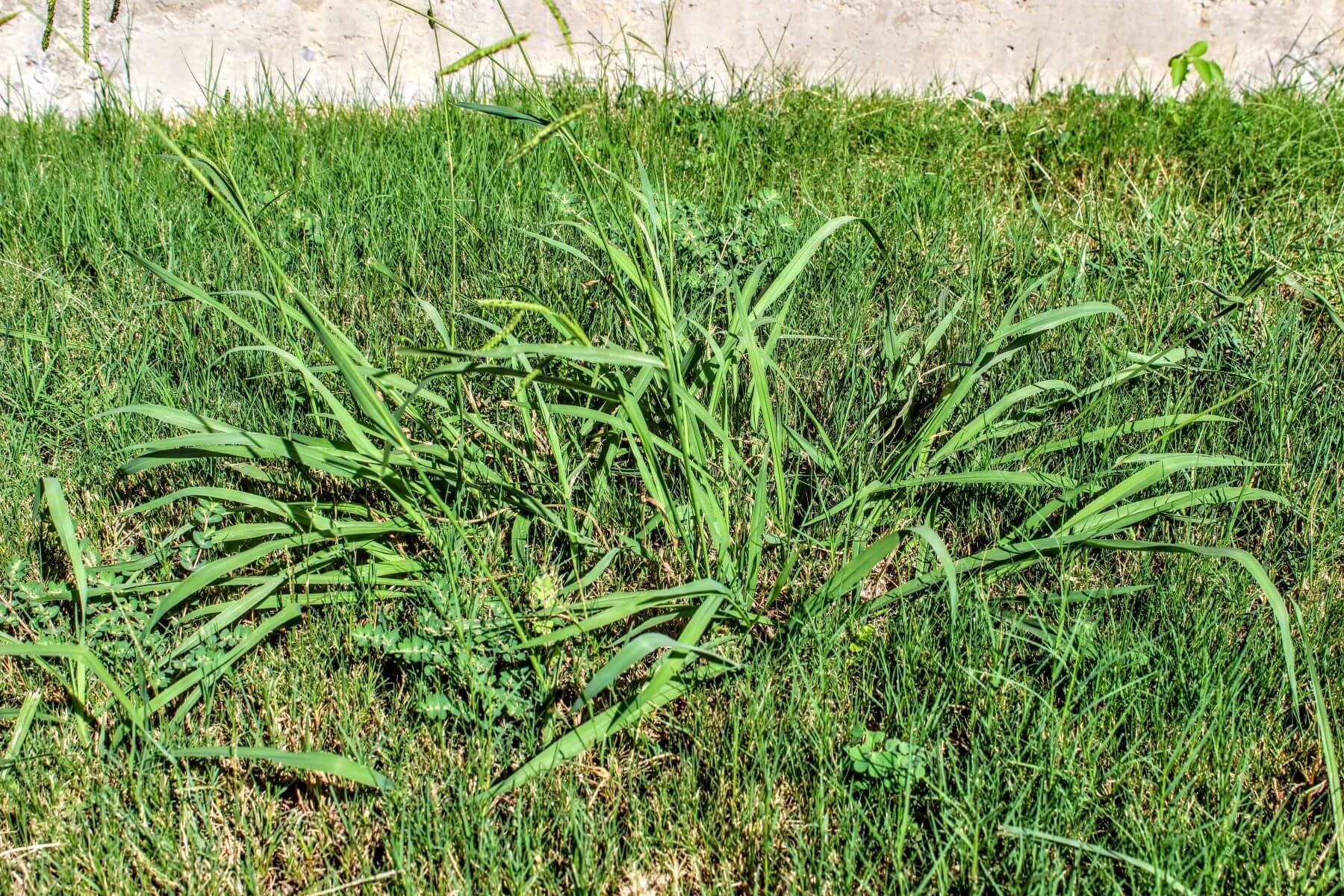
Will Lawn Weeds Die in Winter? Weed Life Cycles in New England
Not all weeds are created equally. There are different types of New England weeds including annuals, biennials, and perennials and understanding the difference helps in knowing how to tackle what’s in your lawn.
Understanding the life cycle of weeds will also help you answer questions like: Do weeds die in the winter? In this article, we’ll help you explore what you ought to know about New England weeds so that you can make the best choices for your lawn.
In this article, we’ll help you explore what you ought to know about New England weeds so that you can make the best choices for your lawn.
We will cover:
Understanding Annual, Biennial, and Perennial Weeds
Do Weeds Die in Winter?
What Lawn Weeds in Winter Grow in New England?
Preventing and Controlling New England Weeds
Choosing Lawn Care in Southern NH, Northeastern Massachusetts, and Southern Maine
Weeds can be a major source of frustration but when you better understand their growth patterns, you can effectively fight back.
Understanding Annual, Biennial, and Perennial Weeds
The primary difference between an annual, biennial, and perennial weed is how long it’s going to live.
- An annual weed is one that will germinate and seed within a single year. Annuals are spread by seed and there are two types: winter annual weeds and summer annual weeds, the difference being the timing of their germination.
- A biennial weed, on the other hand, typically lives for two years, as the name implies. It will germinate and grow in the first year and bloom and die in the second year.
- A perennial weed is one that will live and grow for multiple years and it will not die after flowering. These weeds have underground parts which allow them to store food and survive underground in the winter. These weeds will remerge in the spring.
Do Weeds Die in Winter?
Now that you understand the different potential life cycles of weeds, you can see that some weeds do die in the winter.
Of course, that does not mean that you won’t deal with new growth in the future..jpg?width=1800&height=1350&name=weeds%202%20(1).jpg) Even annual weeds, which would die off in a frost, can still leave behind seeds that will grow new plants in the spring. And perennial weeds will continue to have living parts beneath the surface of your lawn, even if the growth at the top has halted.
Even annual weeds, which would die off in a frost, can still leave behind seeds that will grow new plants in the spring. And perennial weeds will continue to have living parts beneath the surface of your lawn, even if the growth at the top has halted.
What Lawn Weeds in Winter Grow in New England?
Winter annual weeds are those that germinate in late summer or fall, and then flower, seed, and die the following summer. Winter annuals won’t survive during the hot summer months.
Some examples of winter annual weeds in New England include chickweed, annual bluegrass, and yellow rocket weed. But many of the weeds that grow in New England lawns are perennials. And because weeds are persistent, they can show up year after year in your lawn thanks to seeds carried on the wind - making it critical to keep up with regular treatments. These weeds include the likes of dandelions, ground ivy, and plantains. Because their parts survive underground, these weeds keep coming back without the right, consistent weed control strategy.
But many of the weeds that grow in New England lawns are perennials. And because weeds are persistent, they can show up year after year in your lawn thanks to seeds carried on the wind - making it critical to keep up with regular treatments. These weeds include the likes of dandelions, ground ivy, and plantains. Because their parts survive underground, these weeds keep coming back without the right, consistent weed control strategy.
Preventing and Controlling New England Weeds
Understanding the lifecycle of New England weeds will help when it comes to their prevention and control. You’ll need to understand the timing of weed germination in order to effectively target weeds with pre-emergent and post-emergent herbicide controls. What’s important to understand about weed control is that different weeds often require different solutions. That’s why it’s important to work with a professional who will use a comprehensive program with varied controls.
What’s important to understand about weed control is that different weeds often require different solutions. That’s why it’s important to work with a professional who will use a comprehensive program with varied controls.
You want to find a professional lawn care provider that will take a multi-faceted and comprehensive strategy to controlling weeds in your yard. In addition to there being different timing for different weed control products, there are also some weeds that require specialized controls.
A weed control strategy should ultimately be customized to your property. It’s also worth mentioning that weeds do naturally struggle to “creep into” a healthy lawn. When you use lawn care services that promote a thick and healthy turf, this works as a natural defense against weeds.
It’s also worth mentioning that weeds do naturally struggle to “creep into” a healthy lawn. When you use lawn care services that promote a thick and healthy turf, this works as a natural defense against weeds.
This is why it’s important to partner with professional lawn care in New England. Not only will they help you grow a thick and healthy lawn but they also have access to the best-quality and most effective weed control products to get your weed problem handled.
Choosing Lawn Care in Southern NH, Northeastern Massachusetts, and Southern Maine
The best approach to lawn weed control services is a proactive one. That’s why it’s important to work with a lawn care company that will focus on a preventative strategy with curative treatments mixed in for any lawn weeds that cannot be prevented.
At Seacoast Turf Care, our emphasis is on preventing as many weeds as we can so that we are always one step ahead. We use high-quality pre-emergent and post-emergent controls to fight crabgrass coupled with other broadleaf products to knock back a variety of weeds.
Weeds can certainly be incredibly frustrating. But when you have a lawn care professional on your side, you can win the battle against New England weeds.
Ready to be where the grass is greener, healthier, and free from weeds? Get lawn care pricing for your Southern NH, ME, or MA lawn.
Image Source: chickweed



